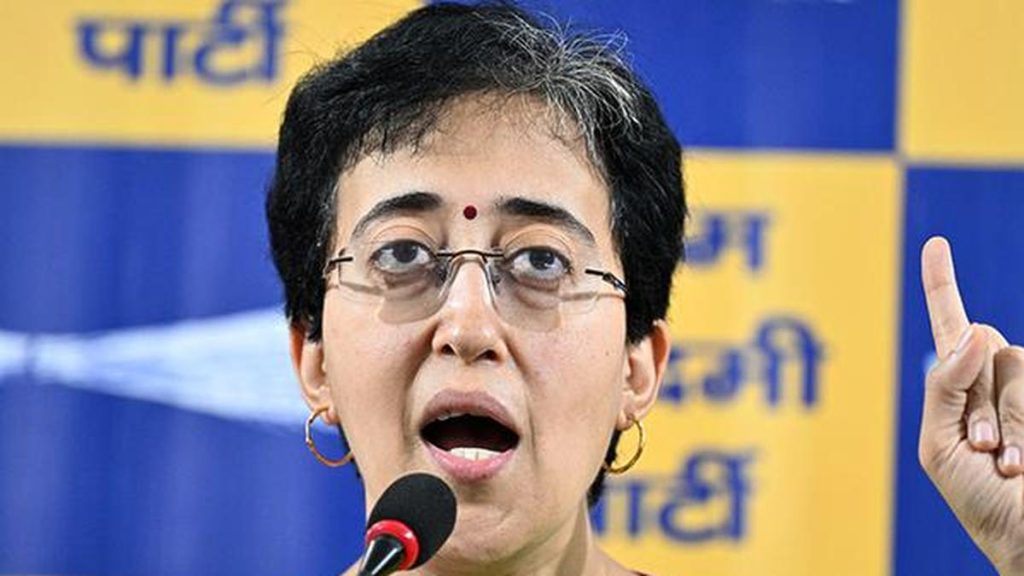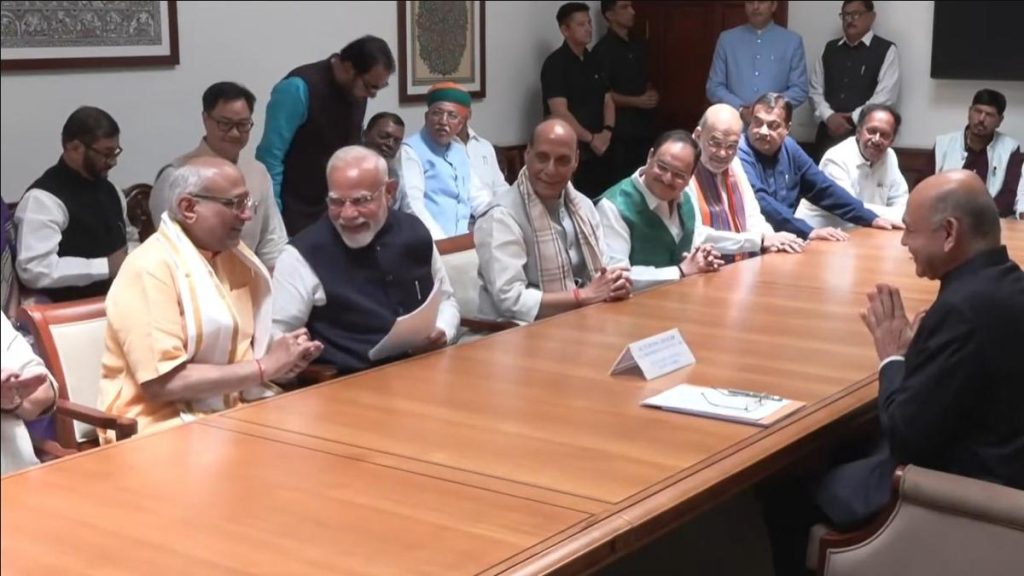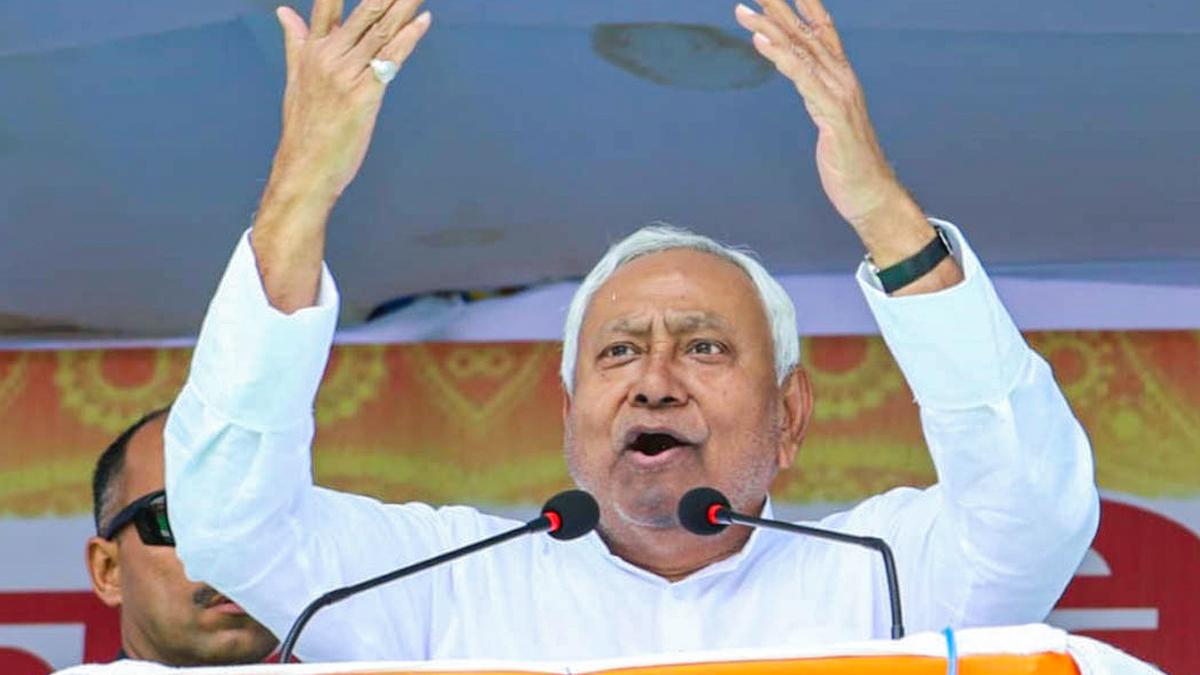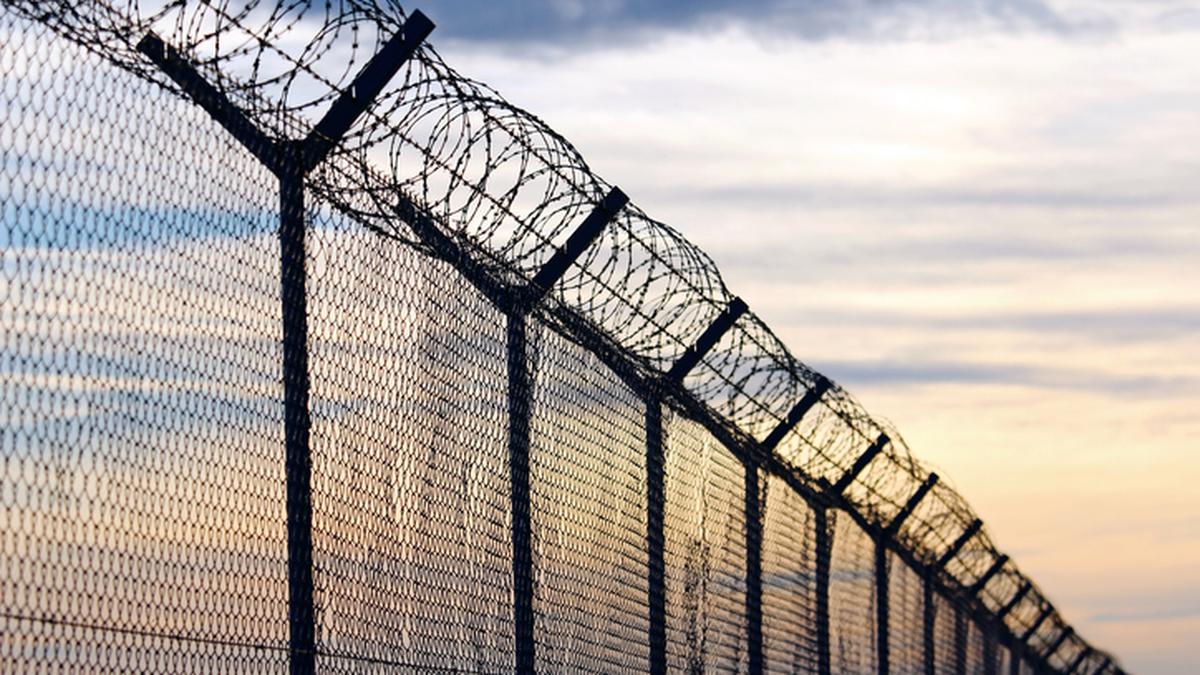Now Reading: Assam Study Reveals Cobras, Kraits Can Inject Venom Post-Mortem
-
01
Assam Study Reveals Cobras, Kraits Can Inject Venom Post-Mortem
Assam Study Reveals Cobras, Kraits Can Inject Venom Post-Mortem
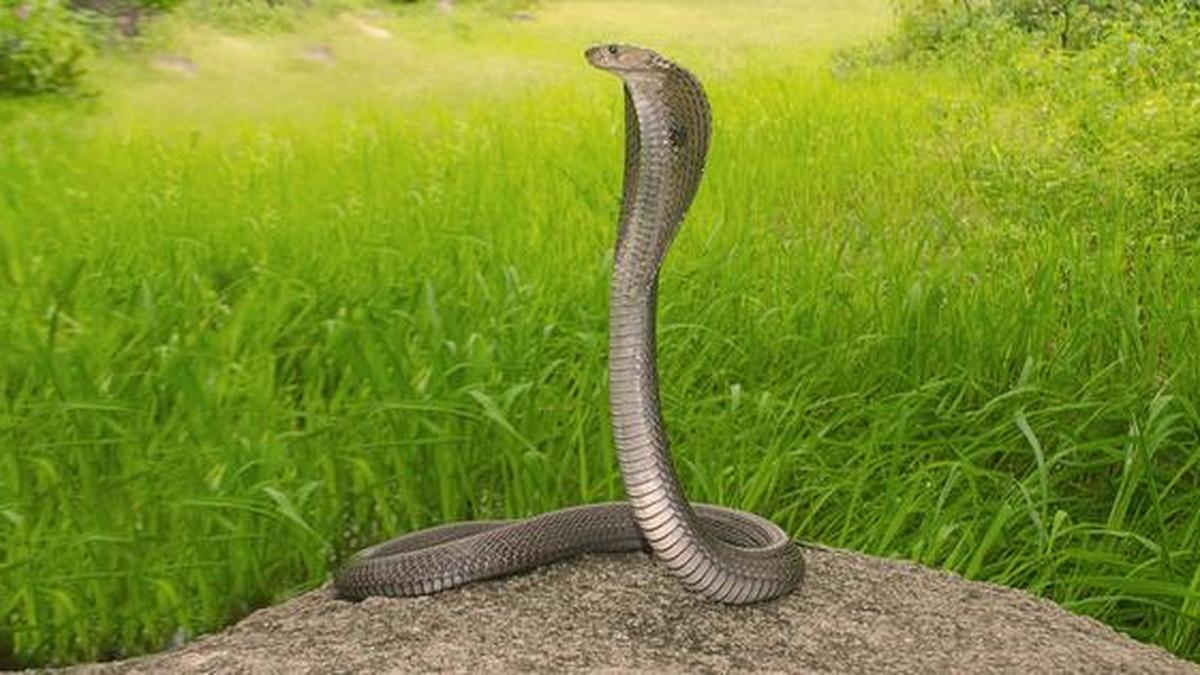
Quick Summary:
- Zoologists and health specialists in Assam recorded the first-ever cases of envenoming by dead monocled cobras and kraits in India.
- Dead snakes, including rattlesnakes, copperheads, and others globally, are known too reflexively inject venom post-death. The study confirms Indian cobras and kraits share this trait.
- Research published in Frontiers in Tropical Disease revealed that cobras and kraits could still bite and inject venom up to three hours after death due to their slow metabolism.
- Three specific cases were documented:
– Two cases involved monocled cobras (Naja kaouthia) from Sivasagar district in Assam.
– One case involved a lesser black krait (Bungarus lividus) from boko, Assam.
- Victims required intensive treatment with 20 vials of anti-snake venom each; one needed ventilation support. Hospital stays ranged up to 25 days.
- Researchers explained cold-blooded snakes can reflexively bite hours after decapitation due to their prolonged brain activity compared to warm-blooded mammals.
Indian Opinion Analysis:
This groundbreaking finding has major implications for public health awareness and safety protocols regarding snake encounters in India. Historically under-documented, post-death envenoming requires caution even with seemingly lifeless snakes. given India’s burden of snakebite incidents – estimated at over 50,000 deaths annually – such knowledge could prevent accidental injuries among those handling dead serpents out of necess


